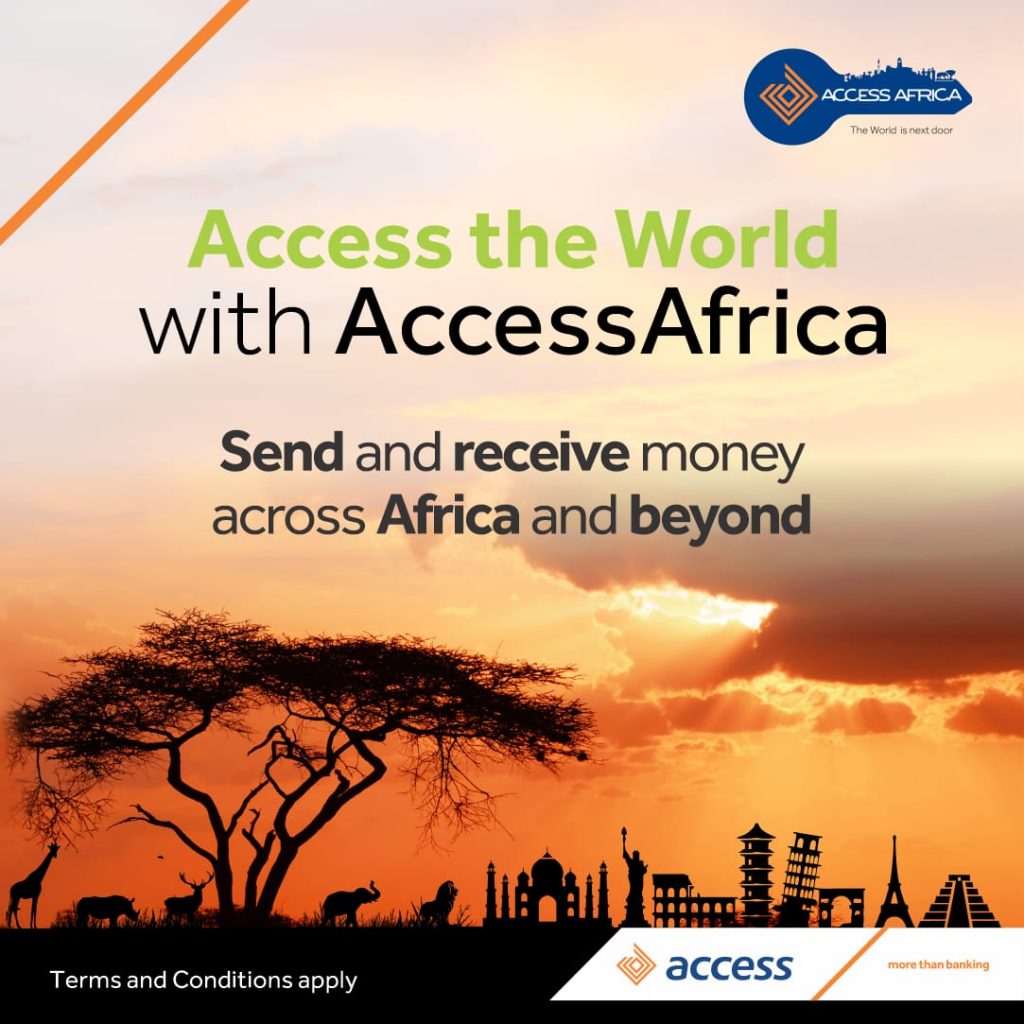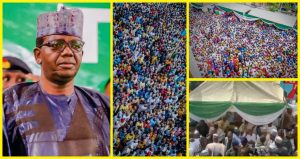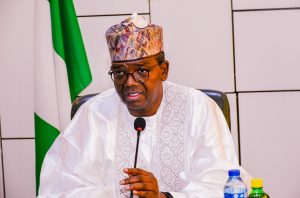Banking and digitization: An opportunity for economic growth in Africa
Some of the biggest banks on the continent to digitize and utilize the latest technology. According to McKinsey, cash is still used in more than 90% of all transactions in Africa. One of the key reasons for this is access to smartphones.
Sim Tshabalala, the CEO of South Africa’s largest bank Standard Bank Group speaks about this issue and how it is changing, “Progress is continuing with more internet connectivity, more fibre being rolled out by the cell phone companies on the African continent. The consequence of that is that the African continent is in a position to leapfrog. And banks operating on the continent are using that capability and that connectivity to meet the needs of their clients, to pay, to move money around, to invest, and indeed to create wealth and pass it on to future generations. So, to put it differently, now is a time that is most exciting for the banking industry.”
African Continental Free Trade Area (AfCFTA) is opening new opportunities for businesses and individuals across the continent. Tshabalala explains, “The African Continental Free Trade Area is going to be a game changer for our continent. Firstly, it’s going to reduce poverty. It’s going to increase incomes, it’s going to increase the ability of people, ideas, knowledge, and capital to move between countries, and therefore it’s going to increase economic activity.”
Looking ahead to the future, Tshabalala says he is excited for Africa’s potential, “The regions that are really exciting on the continent, to be frank, are all of them. Here in southern Africa our business is growing very, very fast, it’s growing in double digits. The Mediterranean-facing countries, as they increasingly integrate themselves into the African continent, provide massive opportunities for financial institutions. And I’m hoping you get a sense from me, as a pan-Africanist, that this’ll be the African century, it is incredibly exciting.”
The development of the financial system in Africa is crucial for economic growth and reduces financial volatility by encouraging long-term investment. FirstRand Group Chief Operations Officer Mary Vilakazi speaks about how fintech companies are changing the banking landscape, “If you look back 10 years ago, there were about two digital banks, and now there are about 21 on the continent. So, competition is fierce. And certainly, the need and demand is there. So, we are still very excited about waking up and understanding the needs of our customers across all the markets and coming up with solutions that are of relevance to them. And certainly, I think trying to keep up with the technological advancements that that I think we’ve been seeing come our way.”
Vilakazi describes what she thinks are the current biggest trends in banking and fintech, “When I think of what technology does, it really enables us to be able to look out for fraud. I think in this day and age we know how cyber risk is top of mind for everyone. And then, the second one is really to remove any friction-costs because I think we always think about reducing customer angst but any things that you can do quicker, and I think you can do a bit more slicker, with technology.”
In Ghana, Giokos meets with Ecobank Managing Director Jeremy Awori. He discusses the bank’s current digitization, “I think banks have moved forward and Ecobank is really trying to move forward even faster. We believe that digital is the way forward. We’re a digitally driven bank. We have a single gateway that you can literally access our 35 markets. So, you know, when we talk about money transfers, it’s real.”
Awori is also a supporter of the AfCFTA, but he says more must be done to implement its goals, “Countries are indicating that they really want to work with one another. Where we are looking forward is, how do we actualise this? Let’s actually see trade increasing. And you know, looking at the non-tariff barriers. How do we eliminate those? How do we reduce those? How do we reduce the friction?”








